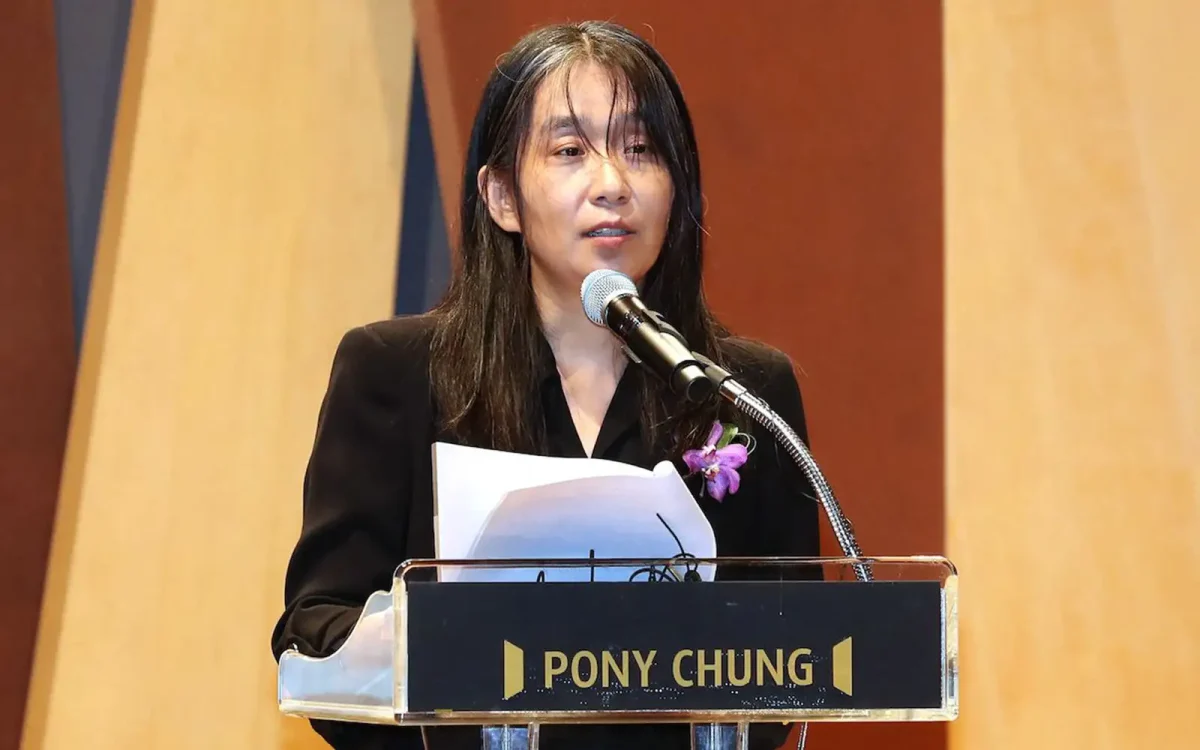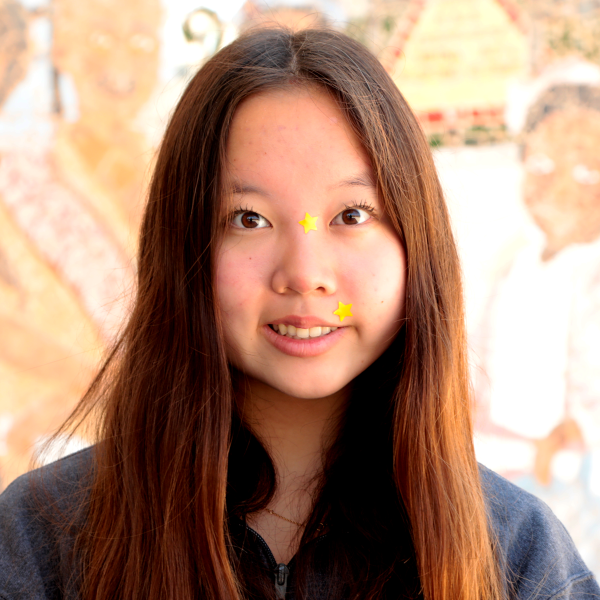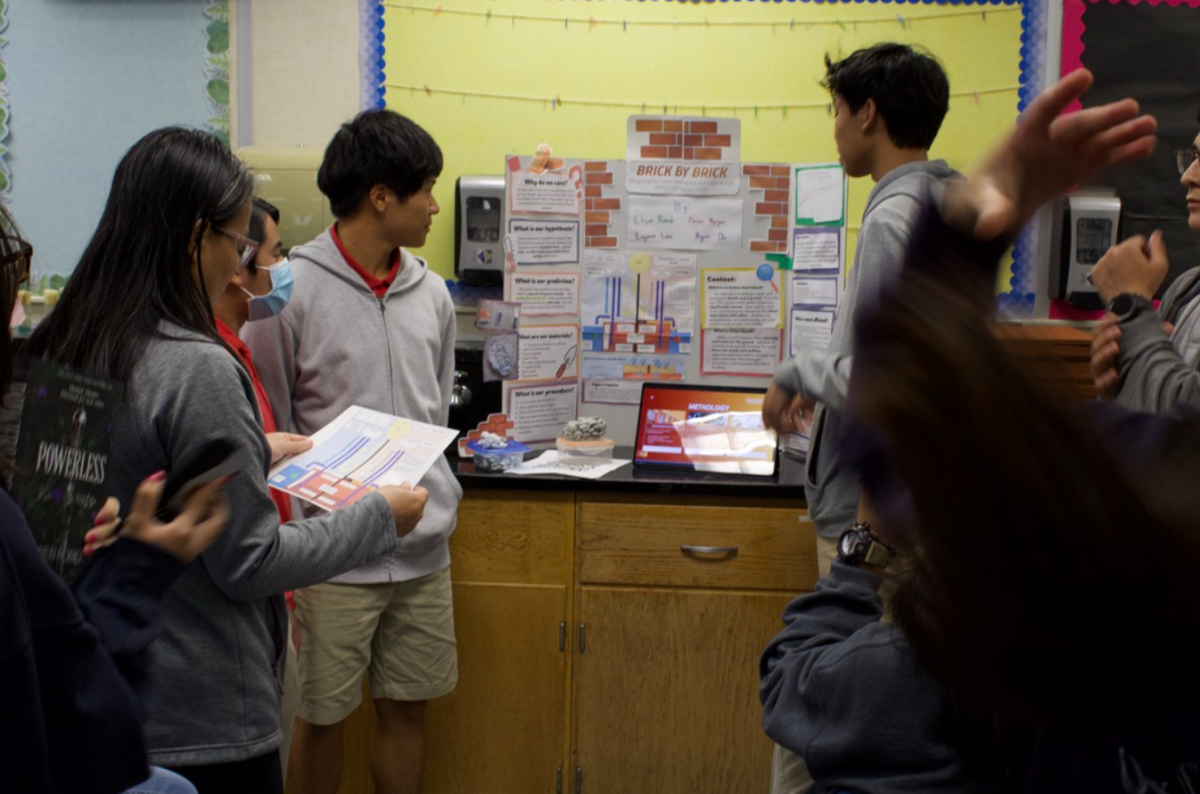South Korean author Han Kang was awarded the 2024 Nobel Prize in Literature on Oct. 10 for her 2007 novel, “The Vegetarian.” Han is the first Korean writer to receive the honor and the second Korean to receive a Nobel Prize in the awards’ 124-year history.
The Swedish Academy, the council that determines Nobel Prize winners yearly, recognized “The Vegetarian” as an “intense poetic prose that confronts historical traumas and exposes the fragility of human life.”
Through the feminist novel, Han explores patriarchy and conformity, telling the story of Yeong-hye, a woman who is greatly disturbed by dreams about animals’ deaths and decides to stop eating meat, from three perspectives — Yeong-hye’s husband, brother-in-law, and sister — all of whom are irritated by her decision. “The Vegetarian” illustrates Yeong-hye’s rejection of social norms and the consequent dramatic, negative shifts in her behavior.
Han, whose literary career sprouted from her exposure to Korean literature while growing up in Korea, attributes her artistic inspiration to a wide range of writers.
“For me, since when I was a child, all writers have been collective. They are searching meanings in life,” she told the Swedish Academy. “Sometimes they are lost and sometimes they are determined and all their efforts and all their strengths have been my inspiration.”
After majoring in Korean literature at Yonsei University, Han briefly worked for a literary journal before debuting in 1993 with a poetry collection, followed by a collection of short stories. She went on to publish novels and short-story collections, as well as children’s books, receiving accolades such as the 25th Korean Novel Award, Today’s Young Artist Award, Dongri Literary Award, Malaparte Prize, and San Clemente Prize throughout her career. In addition to the Nobel Prize in Literature, “The Vegetarian” awarded Han the Yi Sang Literary Prize in 2005 and the Man Booker International Prize in 2016.
“The Vegetarian,” originally a Korean novel and Han’s English debut, has been published in over 20 languages since release. The author expressed her fascination towards her widened audience’s reception of her work.
“It is intriguing to see the subtle differences in interpretation between various cultures and generations, but what strikes me even more is the way the novel has been received in general. For example, it has been more embraced and understood by female readers everywhere,” Han told the Swedish Academy.
The author expressed her gratitude to the Nobel Prize for the commendation.
“I’m honoured and I really appreciate your support, the support of the prize. I just appreciate it,” Han told Jenny Rydén, Website Content Manager of the Nobel Prize.
Otherwise, the laureate has refrained from further public comment thus far.
“She said that with the wars raging between Russia and Ukraine, Israel and Palestine, with deaths being reported every day, she could not hold a celebratory press conference,” Han’s father Han Seung-won told Korean reporters. “She asked for understanding in this matter.”




























































